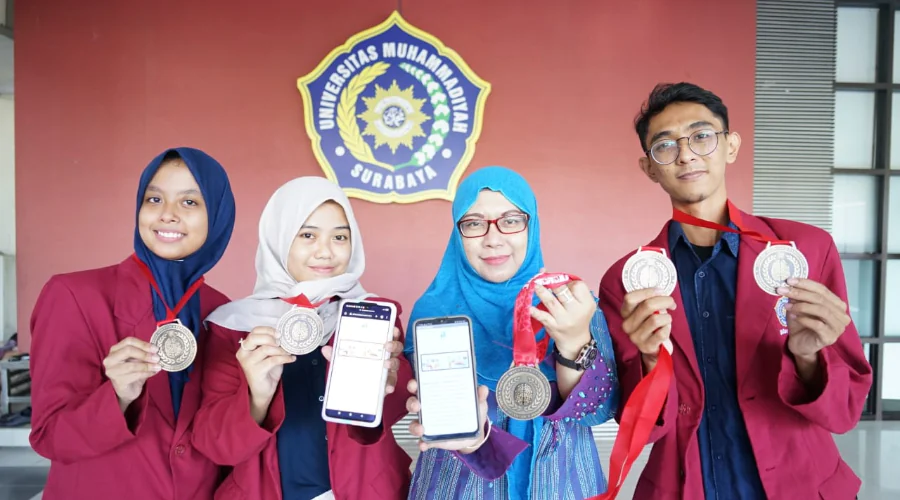
- 24 Jan
- 2022
Mahasiswa FK UM Surabaya penggagas Aikko bersama Gina Noor Djalilah (Dok: Humas)
Stunting Rate Still High, UM Surabaya Faculty of Medicine Launches the Aikko Application
Four students of the Faculty of Medicine (FK) Muhammadiyah University Surabaya UM Surabaya Damara Oky, Insira Yumna, Indah Kamula and Faishal Fahmi published a stunting prevention application that had been made with their team, Friday (24/6/22)
It is known that the application that was initiated by four students won a gold medal at the 1 Idea 1 world innovation event organized by the Turkish Inventors Association (TUMMIAD) Istanbul, Turkey. The application, named Aikko, also won another gold medal from the World Young Inventors Exhibition 2022 (WYIE) Malaysia.
Damara Oky, one of the students, explained that the reason for making this application was due to the high stunting rate in Indonesia.
"Currently the stunting rate in Indonesia based on the results of the Indonesian Nutrition Status Study (SSGI) reaches 24.4%," explained Damara to the editor of UM Surabaya.
According to him, the Aikko application made with his team can detect stunting in children who have high risk, so that health workers such as posyandu officers, nurses, midwives and even pediatricians can provide education and therapy so that stunting does not occur.
Not only that, the Aikko application can detect the risk of stunting even before the baby is born, namely by looking at the health of the mother by doing an anamnesis regarding pregnancy risk factors such as old age, multigravida and measuring the upper arm circumference so that you can find out if the pregnancy has a risk of stunting or No.
"The convenience of this application is that there are features such as knowing the estimated time of birth of the baby just by entering the HPHT and being able to get education about suitable eating patterns and menus that should be given to children according to their age," he added again.
He hopes that Aikko can continue to grow and continue to experience updates and be used by all health workers and the Indonesian community as a way to deal with the high incidence of stunting.
Meanwhile, Gina Noor Djalilah, an accompanying lecturer at the UM Surabaya FK team, explained that Aikko was an application created with the aim of reducing stunting rates for high-risk target groups.
"The Aikko application targets high-risk groups such as pregnant women, breastfeeding mothers and mothers with toddlers," said Gina, a lecturer at UM Surabaya Faculty of Medicine and a Child Specialist.
According to Gina, stunting prevention cannot only involve the Ministry of Health, but it is a shared responsibility to look after and remind each other.
He hopes that in the future research and innovation activities will continue to develop and be sustainable as a manifestation of research and service by both lecturers and students.
The steps to get this application are quite easy, one can download the Aikko application on the web. Second, login to Aikko with the username and password that was created, continue to enter data on the web page and continue with filling in complete data. After filling in the data this application will detect whether the mother has a high risk of pregnancy or not.
"If the baby has been born it will appear to fill in the child's data regarding the child's age, child's sex, BB TB and head circumference at birth and now, then the user can click the save option on the web," he added.
Next, 3 graphs regarding the growth and development of children will appear if their age is more than two standard deviations below the WHO child growth standard.
Aikko also has other features such as complaints. This means that patients can directly fill in the complaints they feel from either the health of the mother or child. After you fill in and click save, the complaint will automatically be forwarded to the nearest health worker so that they can provide appropriate education and therapy to patients according to the complaints they feel.
Meanwhile, the MPASI educational feature contains education on children's eating patterns and menus which include food or drink that should be given and needed by children.





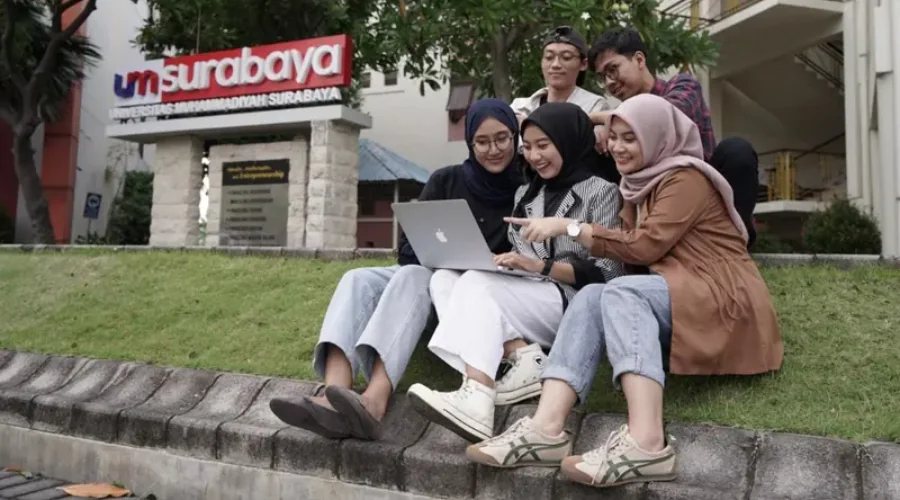
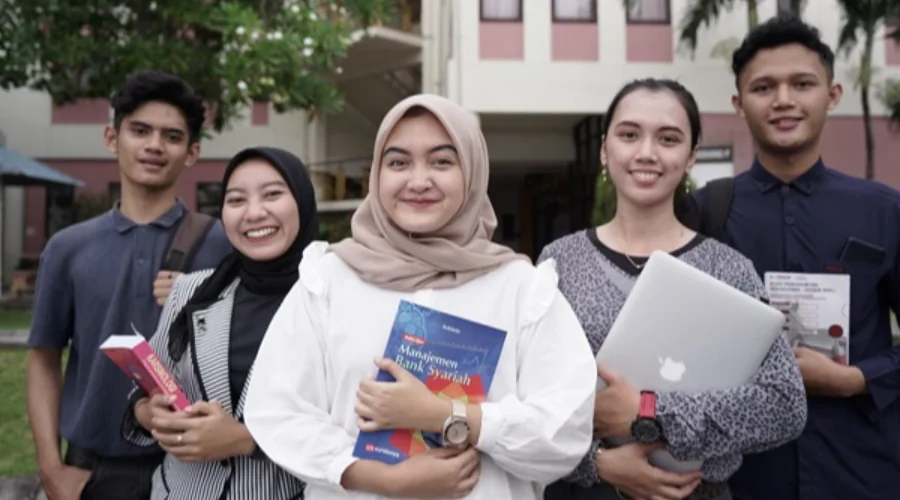
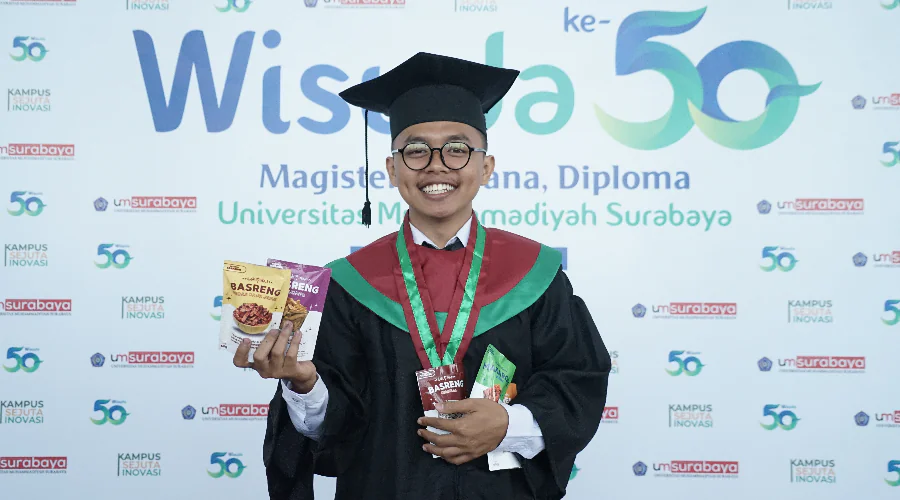
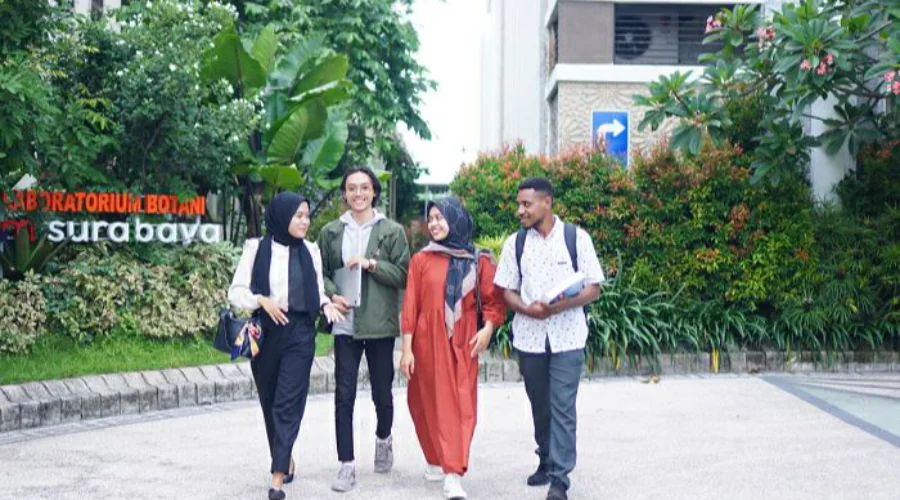
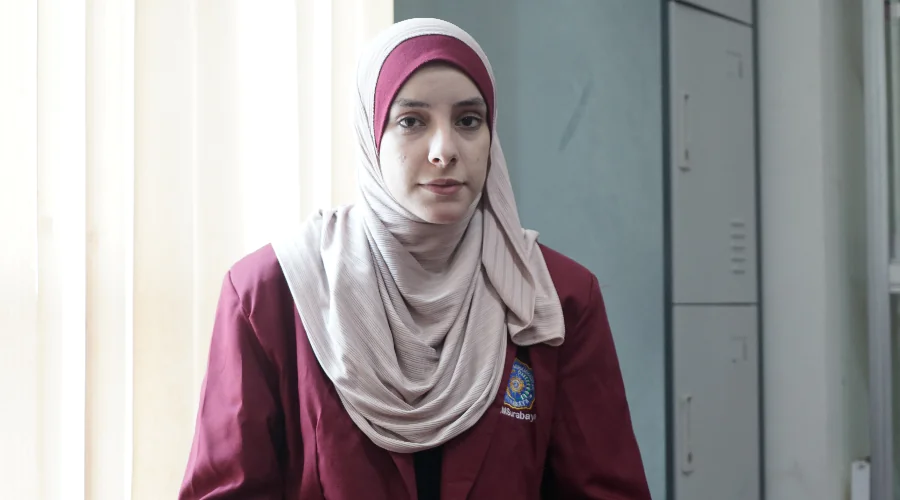
(0) Comments